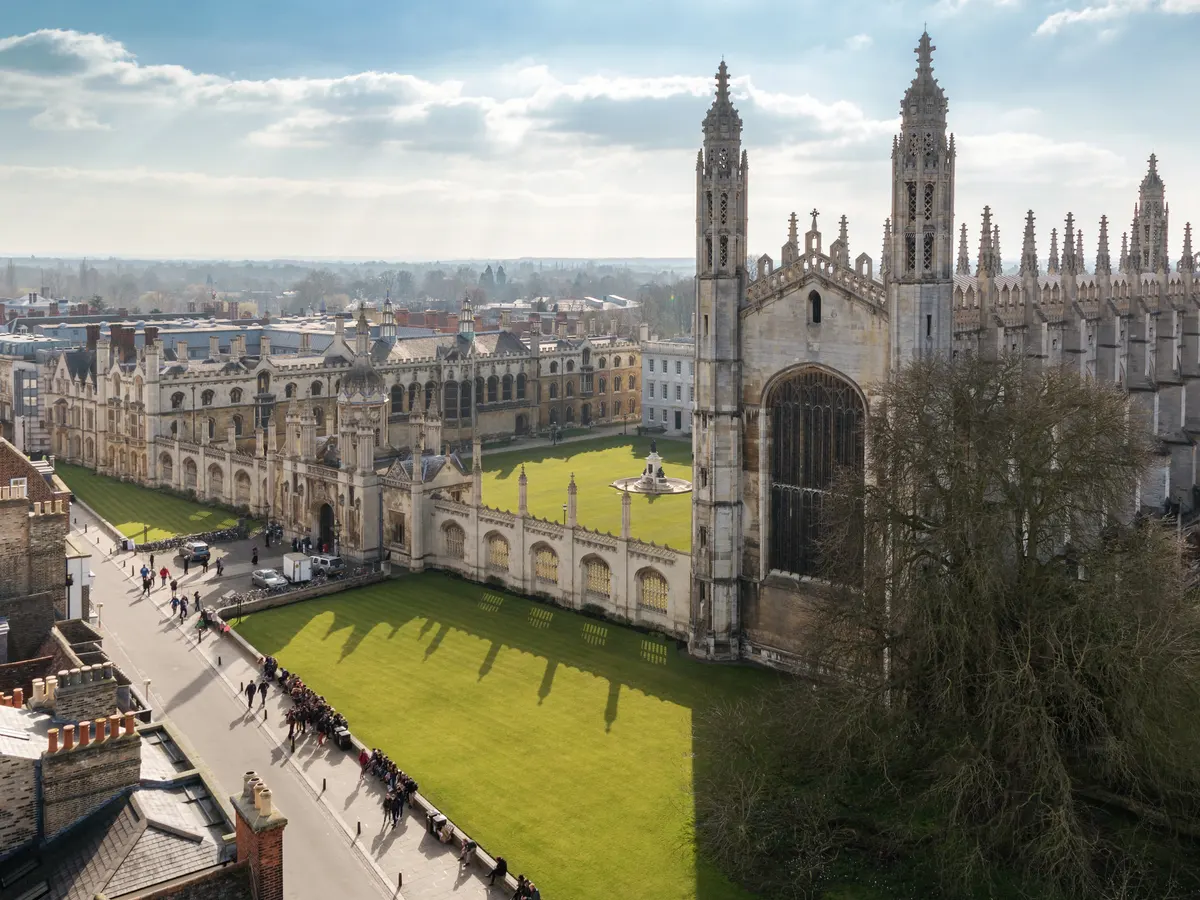
Harvard Student Groups Issue Anti-Israel Statement, CEOs Call for Blacklist
In a recent development, several Harvard student groups have issued an anti-Israel statement, calling for the boycott, divestment, and sanctions (BDS) movement against the country. The statement has drawn the ire of many CEOs, who are now calling for the student groups to be blacklisted.
The anti-Israel statement was issued by the Harvard College Palestine Solidarity Committee (PCS) and the Harvard Graduate Students for Justice in Palestine (GSJP). The statement accuses Israel of “apartheid” and “genocide” against Palestinians, and calls for the BDS movement to be implemented in order to pressure Israel to change its policies.
The statement has been met with condemnation from many CEOs, who argue that it is anti-Semitic and that the BDS movement is harmful to the Israeli economy. Several CEOs have called for Harvard to blacklist the PCS and GSJP, and to prevent them from receiving any funding or support from the university.
The controversy surrounding the anti-Israel statement has raised a number of important questions about freedom of speech, academic freedom, and the role of corporations in society. It has also highlighted the deep divisions that exist on the issue of the Israeli-Palestinian conflict.
Freedom of Speech vs. Hate Speech
One of the key questions raised by the controversy is the balance between freedom of speech and hate speech. The PCS and GSJP argue that their statement is protected by freedom of speech, and that they have the right to criticize Israel without fear of censure. However, others argue that the statement is anti-Semitic and that it promotes hatred and violence against Jews.
It is important to note that there is no easy answer to the question of what constitutes hate speech. In the United States, the Supreme Court has ruled that hate speech is protected by the First Amendment, as long as it does not incite violence. However, many people believe that certain forms of hate speech should be banned, even if they do not incite violence.
In the case of the anti-Israel statement, it is clear that some people believe that it crosses the line into hate speech. However, it is also clear that the PCS and GSJP believe that their statement is protected by freedom of speech. Ultimately, it is up to the individual to decide whether or not they believe the statement is hate speech.
Academic Freedom
Another important question raised by the controversy is the role of academic freedom. Harvard is a private university, and it is not subject to the same First Amendment protections as public universities. However, Harvard has a long tradition of academic freedom, and it has generally allowed students and faculty to express their views freely, even if those views are unpopular.
In the case of the anti-Israel statement, some people have argued that Harvard should prevent the PCS and GSJP from issuing the statement, or from receiving any funding or support from the university. However, others argue that this would be a violation of academic freedom.
It is important to note that academic freedom is not absolute. For example, universities can prohibit speech that is disruptive to the educational process or that incites violence. However, universities should be careful not to restrict speech simply because they disagree with the views being expressed.
In the case of the anti-Israel statement, it is clear that some people believe that it is disruptive to the educational process and that it incites violence. However, it is also clear that the PCS and GSJP believe that their statement is an important part of their academic freedom. Ultimately, it is up to Harvard to decide whether or not to restrict the speech of the PCS and GSJP.
The Role of Corporations in Society
The controversy surrounding the anti-Israel statement has also highlighted the role of corporations in society. Several CEOs have called for Harvard to blacklist the PCS and GSJP, and to prevent them from receiving any funding or support from the university. This has raised the question of whether corporations should be able to influence the speech of students and faculty at universities.
There is no easy answer to this question. On the one hand, corporations have the right to express their views and to support causes that they believe in. On the other hand, universities should be able to operate free from corporate interference.
In the case of the anti-Israel statement, it is clear that some CEOs believe that it is harmful to the Israeli economy and that it should be condemned. However, it is also clear that the PCS and GSJP believe that the BDS movement is an important way to pressure Israel to change its policies. Ultimately, it is up to Harvard to decide whether or not to allow corporations to influence the speech of students and faculty.
Conclusion
The controversy surrounding the anti-Israel statement has raised a number of important questions about freedom of speech, academic freedom, and the role of corporations.
Apple Cider Vinegar Gummies with Vitamins: A Sweet and Healthy Treat

